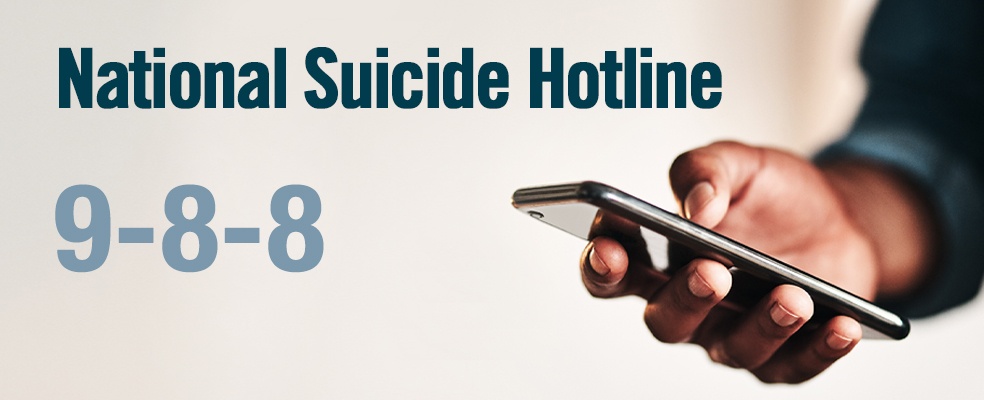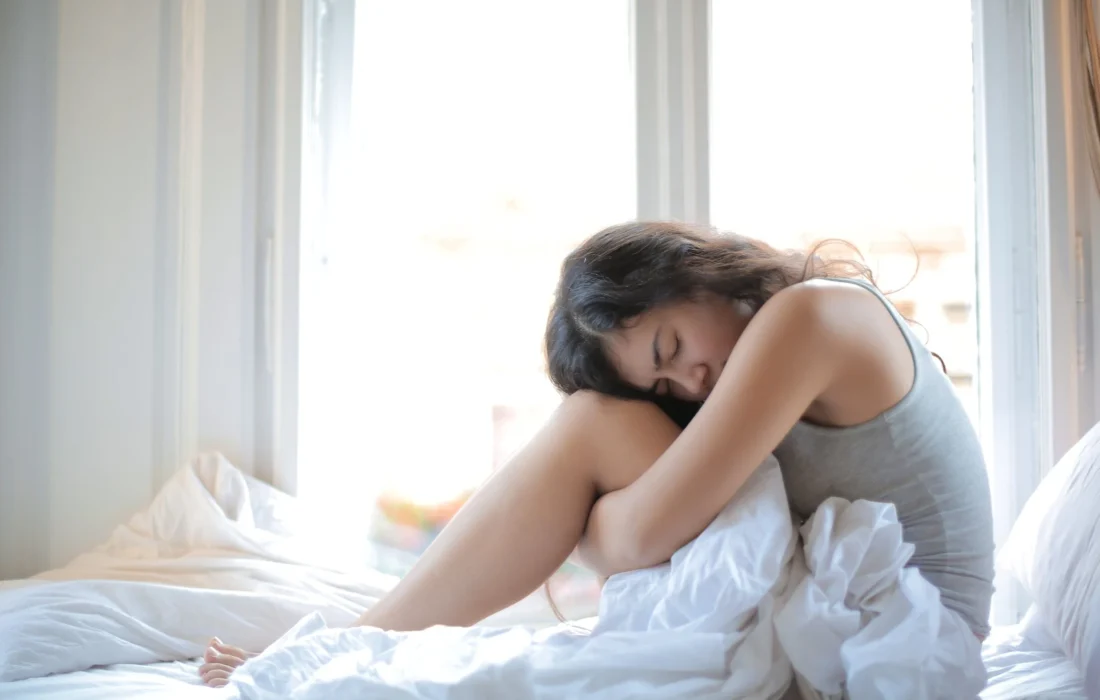Beyond Décor: Mental Wellness
Are there days you feel mentally and emotionally exhausted? No matter what happens, you have to “power through?
In the world of home decor and organization, it’s easy to get lost in the aesthetics of our surroundings, striving for perfection in every corner. But behind the neatly arranged shelves and color-coordinated rooms, there’s often a hidden struggle that many of us face – the battle with our own minds. Today, I’m stepping away from the typical decor discussions to shine a light on something equally important: mental health. Depression, Anxiety, PTSD, OCD – these are not just clinical terms; they’re experiences that touch the lives of countless individuals, including myself. So, why am I delving into this topic instead of discussing throw pillows and closet organization? Because mental health matters. It’s an integral part of our overall well-being, and understanding it is key to creating a happy and healthy home – both within ourselves and in our physical spaces – where we can truly thrive. Join me on this journey as we explore the intricacies of common mental health disorders and how they intersect with our everyday lives.
Who, Me?
There are endless things that can happen mentally which you would rather not happen. Anyone can be struck down by any of these at any time in life, and so it’s important that we each know as much about them as we can. This could make a world of difference if you were to suddenly need help with overcoming any of them, or if the people in your life start showing some of the relevant symptoms too.
Photo by Engin Akyurt
So take my hand, my friend, I am with you, let’s look at some of the common mental health disorders that can crop up in yourself or those you love – and some ideas about what you might be able to do about them.
Depression
Probably the most common mental health problem worldwide is depression. It is so commonplace, in fact, that pretty much everyone will experience it at some point or another in their lives. However, it can come in many forms, and it can be experienced in a lot of different ways, so it’s vital that you understand that, especially if you are currently going through a depressive episode.
The first thing to know is that you can have both acute and chronic depression. In the former instance, you might be experiencing depression as a result of a specific event in your life. This kind of situational depression will affect everyone at some point or another. Usually, the depression will fade once the situation itself has faded. If it doesn’t, or if it is just particularly difficult, then help may be required.
For chronic depression, the problem is much greater, and will probably require a significantly greater amount of professional help too, in the form of therapy, medication or a combination of the two. If you think you might have chronic depression, a good first step is to talk to a doctor. But of course, the problem with depression is that you might not even be able to do that.
This is why depression is so destructive: it can stop you from being able to do anything about it. That’s why the goal is usually to take small steps. Make that phone call. Have a shower. See a friend. Then you can build on those things, and in so doing gradually improve your wellbeing. Even the most extreme cases of depression can be helped in this way to some degree at least.
If you think that you are in serious trouble – for instance, you are having thoughts about harming yourself – then you should try to get help as soon as possible. In most cases, though, depression may be relatively mild, and if so you might be able to assuage the symptoms just through those things mentioned above.
Anxiety
This is another very common experience that people have, and a lot of people might have it to such a constant degree that they no longer even notice it. If you have started to suspect this might be the case for you, then you might be in a position where you need to try and take a step back and look at your mental health honestly and with care. It might be that your anxiety needs some help in some way or another, and actually as it happens there are a lot of things you might be able to do to help your anxiety considerably.
Did You Know…
Some disorders are more common in women, such as depression, anxiety, and eating disorders.
Photo Credit: Andrea Piacquadio
But first, what exactly is anxiety? Is it something that you can easily understand, or something which you are likely to misunderstand? Certainly, the culture in general has a lot of strange ideas around anxiety. And as with most mental health disorders, anxiety can present either as situational or occasional, or in the form of a diagnosed anxiety disorder. The way in which you deal with it will therefore change depending on this amongst other factors.
If you are experiencing anxiety because of a particular incident, it really might be as simple as just waiting it out and letting it improve of its own accord. You might actually be surprised at just how simple that can be – which is not to say it’s emotionally easy. Or if you generally experience anxiety in your life, but you are not diagnosed with anything, it could be that there are lifestyle choices you could make which will help you out.
For instance, it’s always worth looking at your caffeine consumption and your alcohol intake, as you will probably find that reducing either or both of these will help you to experience a lot less anxiety on the whole. You should also consider improving your diet in general, if possible – the healthier it is, the less anxiety you are going to experience. If you can do those things, you’ll find that you are already in a better place with regard to your anxiety levels.
Beyond that, there is of course the possibility of getting help if you need it. This can come in the form of therapy, medication or something like CBT. In any case, it’s something to consider, and you might find that it helps you to have a much better control of your anxiety symptoms on the whole.
Anxiety can strike anyone, but with care it can be helped quite a lot, so you should at least try not to worry about your worry – something that can be much easier said than done.
PTSD (Post-Traumatic Stress Disorder)
She is Women, Soldier and Wife and Mother
Did You Know???
Women suffer PTSD at twice the rate of men yet their symptoms and stories are often overlooked.
It doesn’t necessarily have to be the experience of battle, although war is of course exceptionally traumatic.
Post-traumatic stress disorder is becoming better-understood all the time, as more and more research goes into trying to get to the bottom of it. It is essentially a kind of anxiety disorder, brought about as a result of traumatic experiences. The individual with PTSD will often relive the traumatic experience in a number of ways – such as in their nightmares, through spontaneous flashbacks and so on. These can cause the distress to deepen, and it is a big part of why it can be such a powerfully destabilizing experience.
PTSD is not just for veterans, it’s a trauma disorder that affects millions.
PTSD can also cause feelings of social isolation and even guilt. There will often be a lot of trouble to get to sleep, and possibly troubles with concentration too. On the whole, it is a seriously affective disorder that can make daily life much more difficult for everyone involved.
In terms of managing the disorder, there are a few options available. One of the most effective solutions for helping with PTSD is to have talking therapy, sometimes in combination with certain medications which are known to help. It might also be necessary to go to an inpatient rehab center too, for those with a particularly high level of care being required.
Cognitive Behavioral Therapy
Exposure and Response Prevention (ERP) therapy is a form of Cognitive Behavioral Therapy (CBT) that was developed specifically to treat obsessive-compulsive disorder (OCD).
In general, getting support – including being in contact with other sufferers of PTSD – can help greatly.
Perinatal Depression
For example, some women experience symptoms of depression at times of hormone change, such as during or after pregnancy (perinatal depression), around the time of their period (premenstrual dysphoric disorder), and during menopause (perimenopause-related depression).
My longtime Physical Therapist and friend, Dr. Darren Bradley here in Southwest Pennsylvania, shared with me just a while ago about his wife, Dr. Jenna Bradley, also had a blog. Being curious, I searched for her on the Internet, and was quite surprised at her knowledge and solutions for perinatal depression, and all the things that go along with it. I am sharing that with you here. It may not be for you, but maybe you know someone that can, and would appreciate it.
Dr. Jenna Bradley on Postpartum
OCD (Obsession Compulsion Disorder)
This is another condition that is very well known – but it also has to be said that it is not well understood by most people. I am guilty of this and work very hard to overcome it. Obsessive compulsive disorder certainly has a lot of strange ideas in the public mind, so you should be careful not to believe everything you hear about it. It is also something you have either been diagnosed with or not – it’s not true to say that you are a ‘little OCD’, and those who actually suffer from the condition might find this terminology offensive.
So what exactly is it? OCD means that you have recurrent obsessions, in the form of thoughts, images or emotions, that you feel powerless to control. Generally, there will also be a strong feeling that you need to carry out certain repetitive actions or mental processes – these are known as compulsions or tics.
Although people often think OCD is about cleaning, that is only one kind of obsession that the individual may experience. It can actually be about anything at all. On the whole, it can be a very difficult condition to live with, and those with severe OCD will need help with their daily living. If you think you might have OCD, you should speak to your doctor as a first port of call. There is help out there.
Conclusion
As we wrap up this discussion, remember that it’s okay not to have all the answers or to struggle at times. Mental health is a journey, not a destination, and each step forward, no matter how small, is worth celebrating. So, let’s continue to support each other, whether it’s through a kind word, a listening ear, or simply by acknowledging that we’re all in this together. And hey, if you ever need a break from organizing those shelves or rearranging the furniture, don’t hesitate to take a moment for yourself. Your well-being is just as important as any home decor project. Here’s to creating spaces – both physical and mental – that bring us joy, comfort, and peace. Take care, my friends.
Enjoyed this post? Let’s stay connected!
📌 Follow me on Pinterest for daily home inspiration!
📷 Join me on Instagram for behind-the-scenes styling tips.
🛍 Shop my favorite home finds here.
📧 Subscribe to my newsletter for exclusive styling tips & freebies!
This post may contain affiliate links. This means I may earn a small commission at no extra cost to you when you make a purchase. Thank you for supporting The City Cottage!
Related
Before You Go . .
Enjoyed this post? Let’s stay connected!
📌 Follow me on Pinterest for daily home inspiration!
📷 Join me on Instagram for behind-the-scenes styling tips.
🛍 Shop my favorite home finds here.
📧 Subscribe to my newsletter for exclusive styling tips & freebies!
This post may contain affiliate links. This means I may earn a small commission at no extra cost to you when you make a purchase. Thank you for supporting The City Cottage!
















